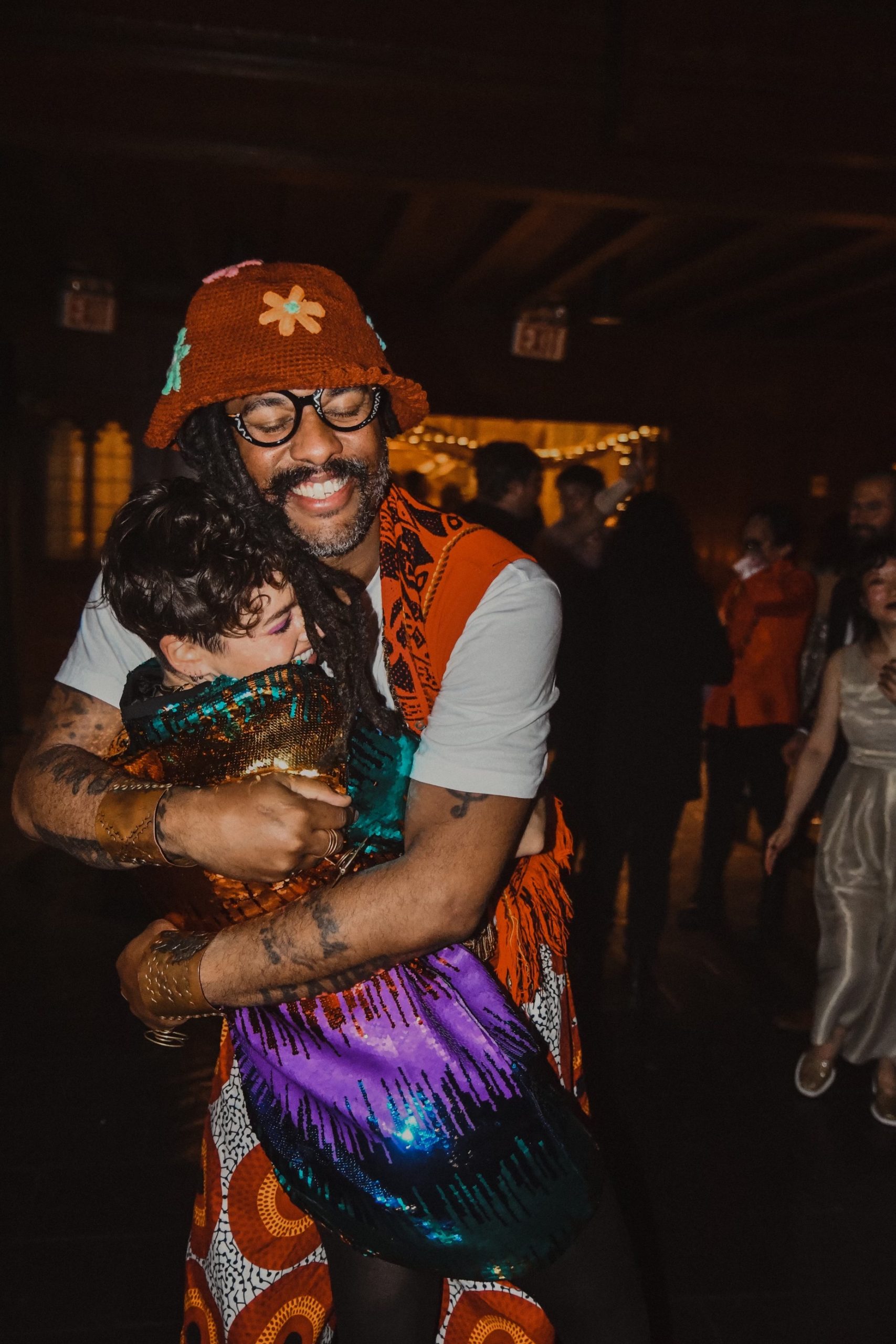By Union student KP Tacconi
5 min read

If syllabus creation can be an act of justice, then Dr Patrick Cheng was an activist in designing his course on Queer Theology.
Before starting the class, I wrongly assumed we would spend significant time discussing why being queer is ok in the sight of God. This—I have come to understand—is so 1960s homosexual apologetic theology. Gay liberation theologians moved past that before I was born. I wish I had met them sooner.
Cumulatively over the semester, Dr Cheng spent less than 15 minutes talking about the Christian ‘texts of terror,’ verses from the Bible that have been weaponized against LGBTQ people. Instead, the predominant narrative in class celebrated queer perspectives and expounded on how our vantage points are valuable for all forms of theological reflection.
About halfway through the semester, I had what could be called a Dorothy-Goes-to-Technicolor moment: a felt sense of a God who creates, delights in and is reflected by people in their gender expansiveness and sexual fluidity. A God who delights in and is reflected by me in my queerness.
While I still want to read more about the texts of terror, I would say this change in my relationship with God far surpasses my original apologetic goal. If you detect the stuff of one’s first semester at Union, you would be correct.
When I am not taking night classes at Union, I manage an innovation lab at NYU Langone Health. These may seem like disparate endeavors, but I believe over the course of my masters a bridge will form between the two. I would like one portion of the bridge to consider how the hospital cares for people who are pursuing gender affirming medical care.
I followed Queer Theology with the class Living Practices of Gender and Sexuality Justice with Dr Kathleen Talvacchia. Building on my own Dorothy-goes-to-technicolor moment, I considered what spiritual practices may help transgender and gender expansive people feel affirmed by the Divine.
Too many queer and trans people have experienced too many forms of systemic oppression. This includes the current US political landscape, as well as economic injustice, health inequities, and social and religious rejection. These harms may even wrongly insinuate rejection by the divine. Religion and spiritual connection have long been a balm for people facing oppression. While we work for systemic change, spiritual affirmation and connection can play a role in helping individuals heal from internalized oppression. This was one of the themes we discussed in Dr Rima Vesely-Flad’s class on Buddhism, Race, Gender and Sexuality, and in her work exploring Black Buddhist practitioners and the movement for Black liberation.
Providing a path to spiritual engagement is an act of justice for people who have been rejected from religious traditions because of their gender identity. I want to help transgender and gender expansive people see the Divine in themselves and in each other and enjoy affirming spiritual community; so they know they are loved by God and supported by queer spiritual ancestors, teachers, and friends. So we can collectively move past transgender apologetic theology. Because I believe society is richer and the Divine is more evident when queer and trans people can show up as fully themselves and are loved for who they are.
Taking a page out of Dr Cheng’s book, I did my own act of syllabus creation as social justice. I created a 12-week program for queer and trans people to explore topics related to their lived experience in spiritual community. The current draft includes practices like Lama Rod Owen’s Seven Homecomings and study of ancestors and teachers like Pauli Murray and Virginia Ramey Mollenkott. We will see what comes of early conversations with my colleagues at the hospital.
I will close with a thought from queer futurity. In Jose Esteban Muñoz’s book Cruising Utopia: The Then and There of Queer Futurity, he defines utopia as “a moment where the here and now is transcended by a then and a there that could be and indeed should be.” In this sense, Drs Cheng, Vesely-Flad and Talvacchia created utopias in their classes, spaces where queerness and queer theology are celebrated and affirmed, spaces that point to what could be and should be in wider society. This foundation enables me to explore how to create affirming spiritual space for other queer people, which reflects the love and welcome of God in invitation into deeper relationship with Them.
